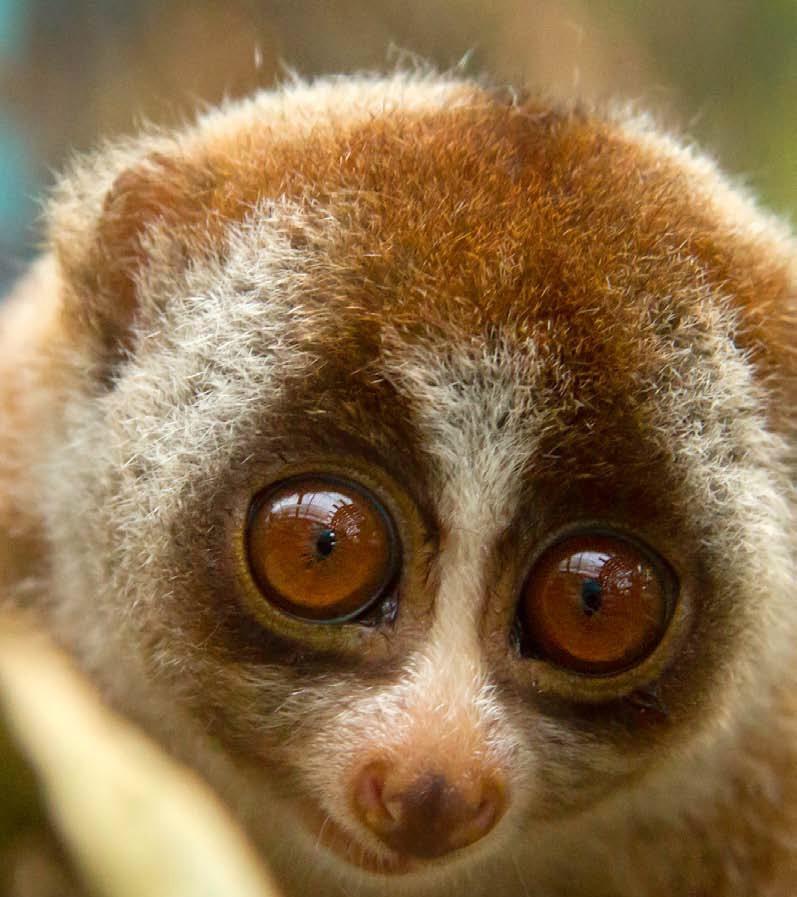Karmele Llano Sanchez
Other projects
18 Mar 2011
Formulation and Implementation of an Awareness Campaign and Conservation Strategy Plan of Nycticebus in Indonesia: Mitigation of Main Threats to their Survival I
The aim is to increase the awareness of the slow loris as a protected species, leading to a decrease in the supply and demand of this species, which will consequently reduce the numbers of animals in trade.
Since the implementation of our awareness campaign in 2011, we have observed a significant increase in the number of cases where people have contacted our centre willing to surrender their slow loris, or to request more information regarding the species.

Nevertheless, the numbers of lorises traded in markets remain high with lorises sold openly throughout Indonesia implying that the root of the problem has not yet been resolved. People that purchase lorises from traders, often lack knowledge about the species and its protected status. Additionally, there are cases where people purchase of animals out of pity, and are unaware that this actually aggravates the problem, ultimately fuelling the trade further. We believe that an increase in awareness will significantly reduce the numbers of people interested in buying this animal.
To combat the severe threat to lorises, we are taking a more holistic approach. Yayasan IAR Indonesia (YIARI) will collaborate with the Agency for Natural Resources Conservation as well as other local NGOs to encourage better law enforcement through capacity building, market surveys, data collection on trade and undercover investigations. Simultaneously, we will enhance and continue our previous awareness campaigns to ensure that people are able to recognise the species and its protected status. Slow lorises are a relatively low-profile species, and subsequently, the trade has not yet become a highly profitable activity for traders.
Results from questionnaire data in our pilot study suggests that most people in the local villages are aware of slow lorises. Unfortunately, a substantial percentage of the interviewees appeared to believe the widespread Indonesian myth that slow lorises bring bad luck; therefore, many people lack the motivation or desire to protect them. Illegal hunting of these animals is still a common activity and often opportunistic: when farmers working in their fields encounter a loris, they may capture and sell it to middlemen or collectors. In rural areas, the role of the forestry authorities is extremely important. Our community-based awareness will focus not only on building up a relationship with the local communities, but also on a more efficient approach to dealing with the forestry authorities by organising meetings and discussion forums.